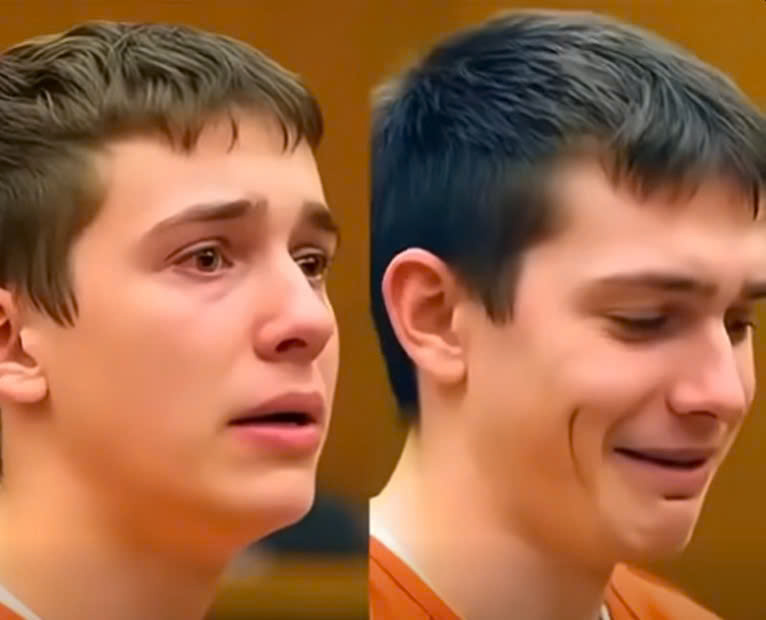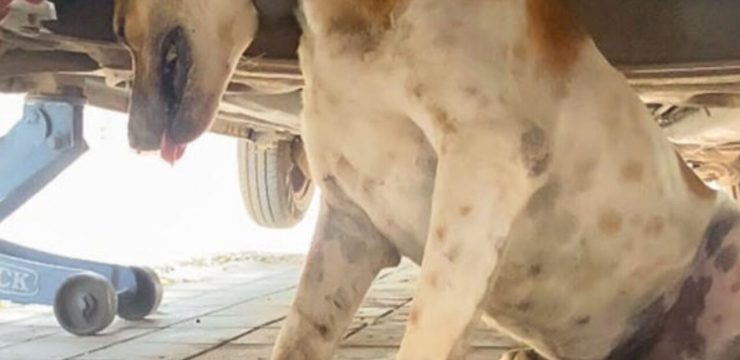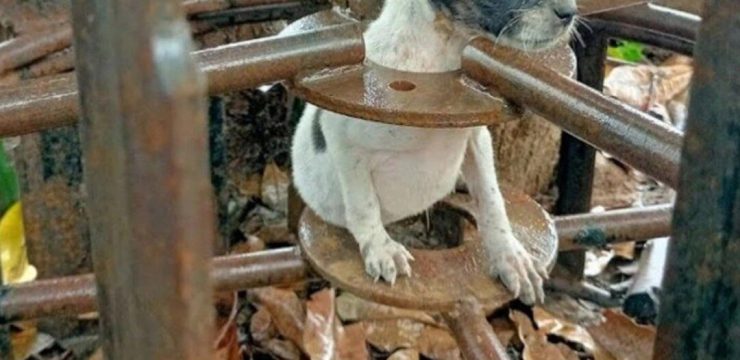The Ohio courtroom was already buzzing when seventeen-year-old Ryan Cooper walked in, but the moment he stepped through the doors, the noise dissolved into uneasy silence. He wasn’t dressed for court—he was dressed like he was heading to a friend’s house, hoodie half-zipped, hands shoved in the pockets, chin tilted with the kind of careless confidence only a teenager convinced of his own invincibility could carry. Three arrests in one year—vehicle theft, break-ins, taunting officers like it was a game—yet none of it seemed to register as real to him. Every warning rolled right off. Every hearing felt like a repeat. And every consequence had been softened by someone stepping in to shield him.

Judge Alan Whitmore studied him with a steady, measured gaze. The judge had seen countless young offenders, but there was something about Ryan—a dangerous mix of arrogance and fearlessness—that made the situation feel more urgent. When asked if he had anything to say before sentencing, the courtroom leaned forward collectively, hoping, perhaps, for a sign of growth or remorse. Instead, Ryan slid closer to the microphone with a smirk so sharp it practically sliced through the tension. “Juvenile detention isn’t scary,” he said, shrugging. “I’ll probably see you again next month anyway.”
A wave of astonishment rippled through the room. Someone gasped softly. The prosecutor stiffened, jaw clenching. Even Ryan’s own attorney slowly closed his eyes, as if wishing he could disappear. But Judge Whitmore didn’t react with anger. Instead, he narrowed his eyes in the way a teacher might look at a student pushing the limit, not out of malice, but because they haven’t yet learned how close they are to real danger. He saw past the attitude. He saw a boy sprinting toward a cliff without looking down.
Then a single, trembling voice rose from the back of the courtroom.
“Enough, Ryan.”
Heads turned. His mother, Karen Cooper—quiet, worn, exhausted by months of court dates, phone calls, and sleepless nights—finally stepped forward. She looked smaller than usual, her shoulders tense but her steps determined. For years, she had been the buffer between her son and the consequences of his behavior. She had believed, wholeheartedly, that love meant protecting him from pain, from punishments, from facing the kind of harsh realities she prayed he would someday outgrow. She paid fines, showed up early to meetings, and cried silently after every late-night call from authorities.
But this moment—hearing her son openly mock the judge, mock the law, mock the values she’d tried so hard to instill—broke something inside her. A denial she had clung to finally crumbled.
“Your Honor,” she said, voice shaking but stronger than it had ever been, “I can’t keep saving him from himself. If a tougher consequence is what it takes to make him understand, then… I support it.”
The entire courtroom froze. Even Ryan’s expression shifted—his smirk fading as if someone had wiped it off his face. For the first time, uncertainty flickered in his eyes. His mother had never spoken against him publicly. She had never allowed anyone else to be the “bad guy.” To Ryan, her stepping forward like that felt like the ground beneath him had tilted.
Judge Whitmore nodded slowly, deeply, acknowledging not just her words but the courage it took to say them. Her honesty landed heavier than any legal argument. It was the turning point no one expected but everyone recognized as necessary.
The judge’s ruling was clear and purposeful. Ryan would spend twelve months in a structured juvenile rehabilitation program—not just confinement, but counseling, education completion, and guided community service. The goal wasn’t punishment alone; it was transformation. And the final warning was unmistakable: if Ryan resisted the program or reoffended after turning eighteen, his next stop would be adult court. No buffers. No excuses. No more hiding behind his mother’s love.
When the judge’s gavel struck—a sound that echoed like distant thunder—Ryan’s confidence evaporated. His shoulders dropped. His eyes darted nervously. For the first time, the consequences felt real, immediate, and unavoidable. Two officers approached to escort him, but before they reached him, Karen stepped forward gently.
She placed her hand on his sleeve—a small gesture, but filled with a depth of emotion that quieted the room. It wasn’t anger. It wasn’t rejection. It was heartbreak mixed with hope.
“I love you,” she whispered softly. “Enough to stop protecting you from the truth.”
Those words pierced him more deeply than any lecture ever had. Standing there, Ryan realized what he had been too stubborn, too prideful, too immature to see: his mother’s decision wasn’t betrayal. It was the first real lifeline he’d been offered. And she had thrown it not to punish him, but to save him.
That night, when he sat alone in a small juvenile cell—no friends to impress, no audience to play to, no bravado left to hide behind—there were no cocky remarks. No smirks. No sarcastic comments. Only reflection. Only the quiet echo of his mother’s voice repeating in his mind. Only the sharp truth that if he didn’t change course, he wouldn’t just lose his freedom. He would lose the one person who had never given up on believing he could become more than the mistakes he kept repeating.
And for the first time in a long time, Ryan Cooper felt something new. Not fear. Not anger. But the first hint of responsibility—real, steady, and long overdue.





